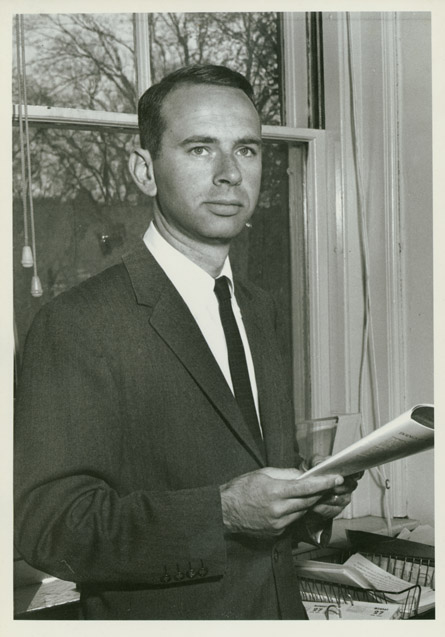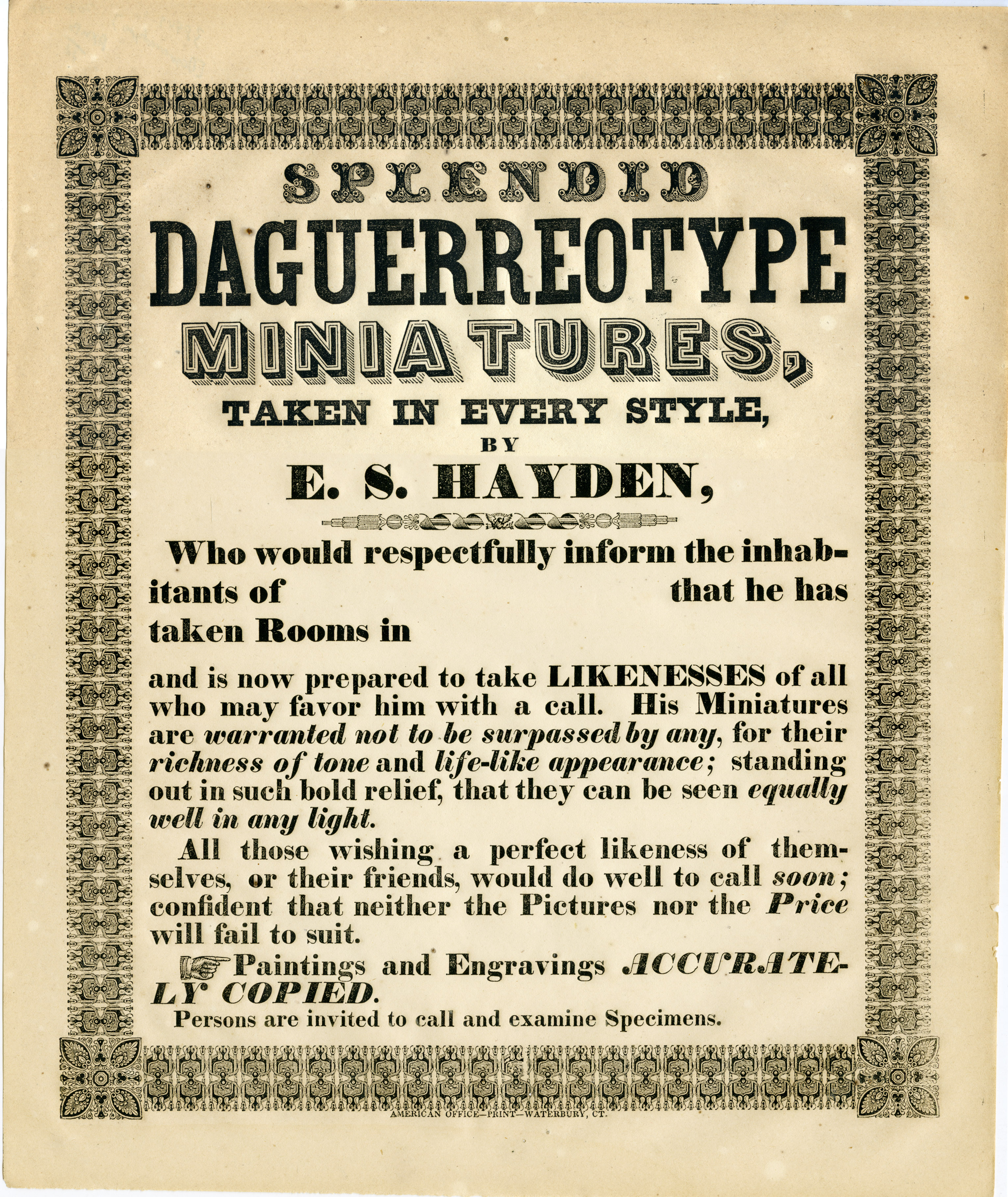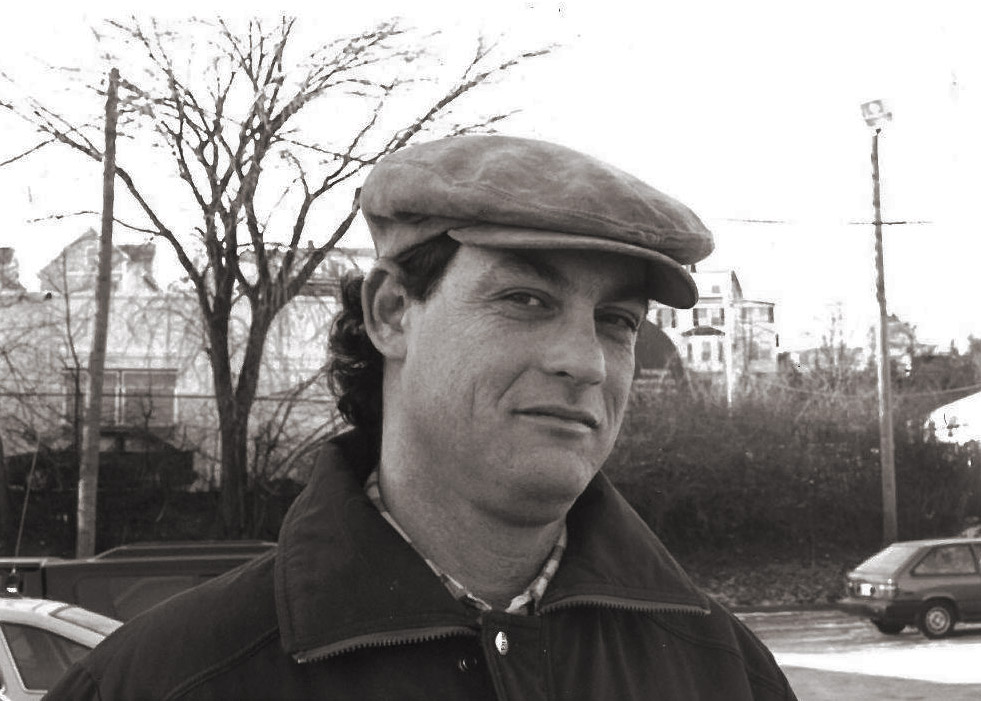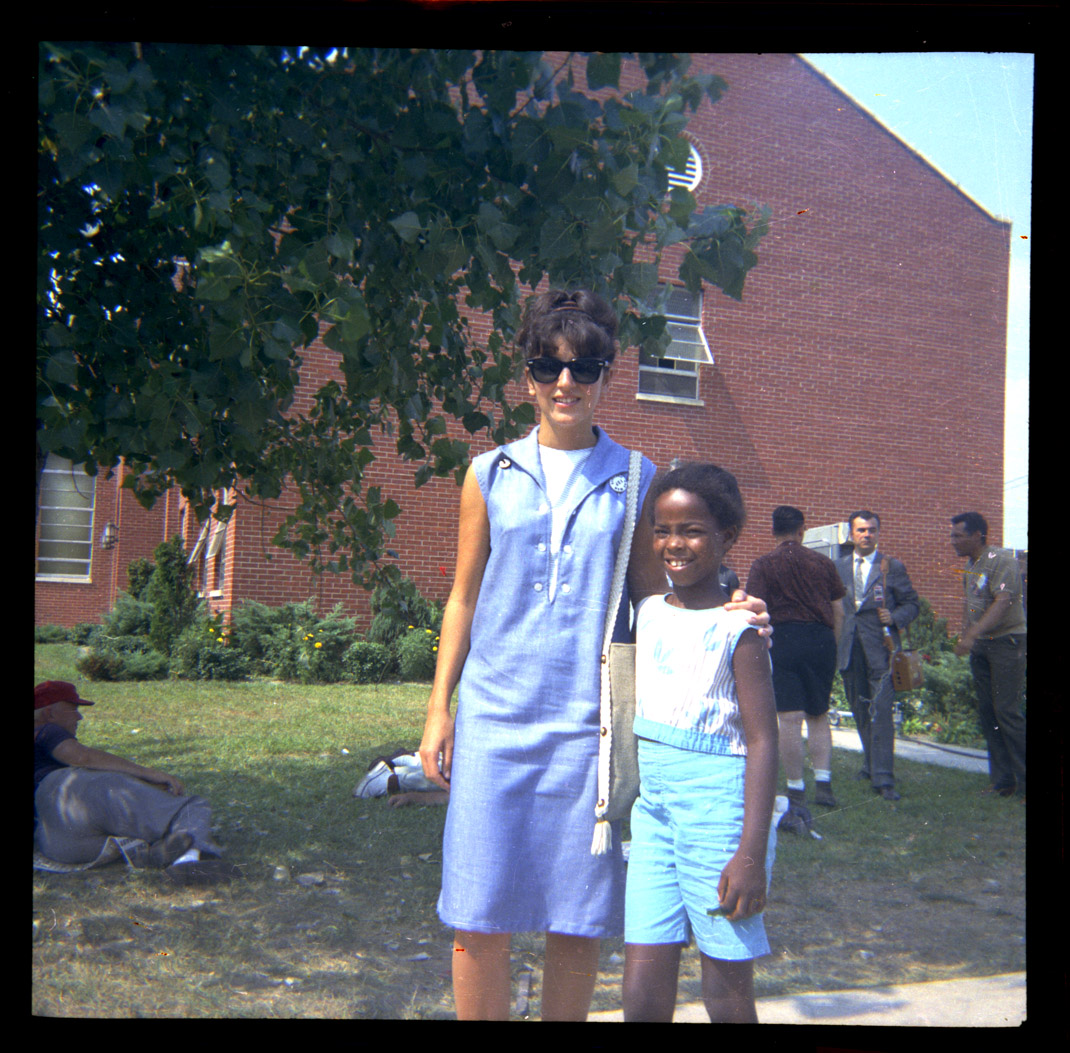Mitzi Bowman Papers
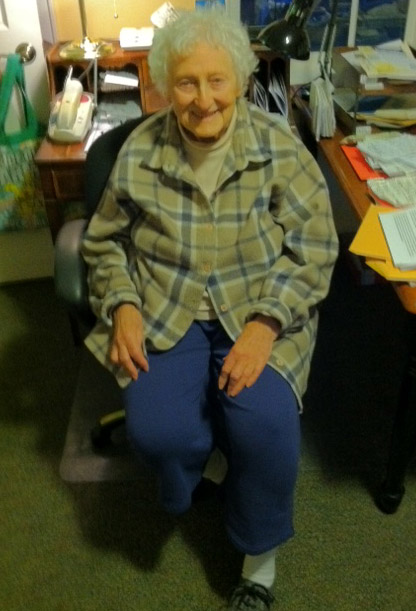
For years, Mitzi Bowman and her husband Pete were stalwarts of the progressive community in Connecticut, and tireless activists in the movements for social justice, peace, and the environment. Shortly after their marriage in 1966, the Bowman’s settled in Newtown and then in Milford, Conn., where Pete worked as an engineer and where Mitzi had trouble finding employment due to her outspoken ways. In close collaboration, the couple became ardent opponents of the war in Vietnam as well as opponents of nuclear weaponry. The focus of their activism took a new direction in 1976, when they learned of plans to ship spent nuclear fuel rods near their home. Founding their first antinuclear organization, STOP (Stop the Transport of Pollution), they forced the shipments to be rerouted, and they soon devoted themselves to shutting down nuclear power in Connecticut completely, including the Millstone and Connecticut Yankee facilities, the latter of which was decommissioned in 1996. The Bowmans were active in a wide array of other groups, including the New Haven Green Party, the Connecticut Coalition Against Millstone, the People’s Action for Clean Energy (PACE), and they were founding members of Fight the (Utility Rate) Hike, the Progressive Action Roundtable, and Don’t Waste Connecticut. Two years after Pete died on Feb. 14, 2006 at the age of 78, Mitzi relocated to Vermont, carrying on her activism.
The Bowman Papers center on Mitzi and Pete Bowman’s antinuclear activism, dating from their first forays with STOP in the mid-1970s through the growth of opposition to Vermont Yankee in the approach to 2010. The collection offers a valuable glimpse into the early history of grassroots opposition to nuclear energy and the Bowmans’ approach to organizing and their connections with other antinuclear activists and to the peace and environmental movements are reflected in an extensive series of notes, press releases, newsclippings, talks, ephemera, and correspondence. The collections also includes extensive subject files on radiation, nuclear energy, peace, and related topics.


